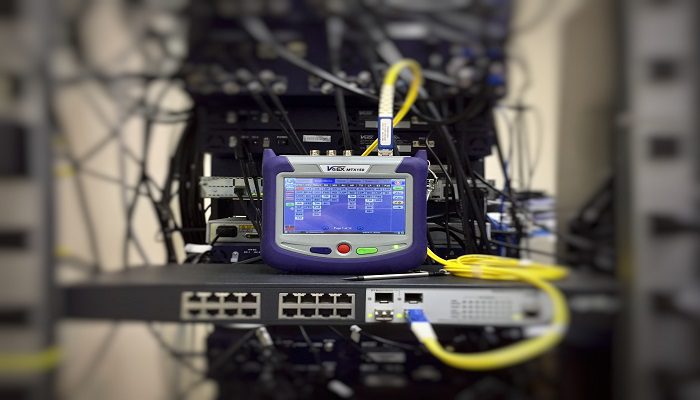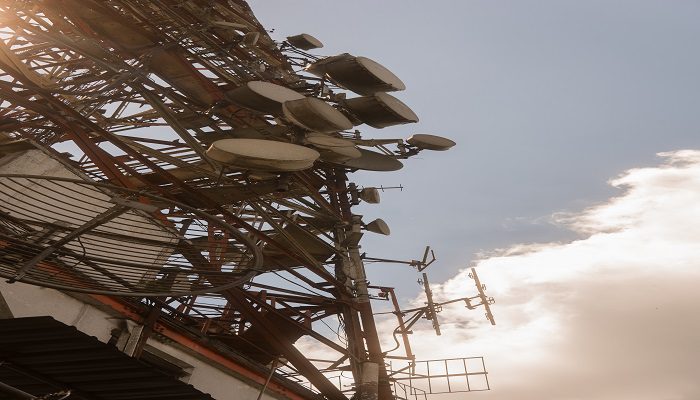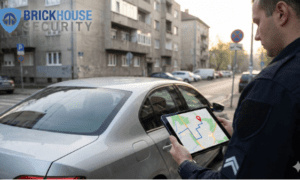Telecommunications technology is a general term that encompasses communications technology that utilizes the transmission of data over networks. It includes communication devices, networks and associated systems and services. The telecommunications industry is one of the largest and most important industries in the world, employing millions of people worldwide.
Telecommunication refers to the transmission of data by different sorts of technologies over electrical, radio, fibre or any other such electromagnetic medium. Communication through these means continues to increase with technological advances. Communication via telecommunications systems have made the world a smaller place to live in. Leading telecom companies are investing heavily in Artificial Intelligence (AI) and other forms of telecommunication technology, in order to provide customers with better services at more affordable prices. There has been an increase in Voice over Internet Protocol (VoIP), which is the communication protocol used for voice and data communication over the internet, from the phone to the webinar.
Voice-over-Internet Protocol or VoIP uses broadband Internet connections to transmit voice calls over the internet to a destination within a private network, usually using a hybrid packet switch or firewall. A lot of research has gone into the VoIP technology, with the result that it has become extremely reliable and secure, even for commercial use. Telecommunication technology includes distribution of voice over IP networks and other voice traffic over the same network. This includes traffic for telephony, video communications, automated handling of voice traffic, internet access, voice mail and other uses.
Some kinds of telecommunications technology include cellular phones, home telephones, telecommunications systems used in public switched telephone networks and international telecommunications systems. Other kinds of telecommunications technology include high speed wireless computers, paging transmitters, Global Positioning System units or GPS tracking devices. Telecommunication systems also include interactive phones, computer networks, digital switching systems and distributed control systems. Some newer types of communication technology can be found in the global market as well.
Many technical skills are required for most kinds of telecommunications systems. Telecommunications professionals need to know at least one software program, usually a computer software package such as Windows. They also need to know at least one specific hardware package, again usually a computer software package such as Microsoft Windows. Most telecommunications professionals also have some training in non-computer related technical skills as well.
The training required for entry into the telecommunications industry is extensive. It consists of both classroom study and on the job training. Telecommunication professionals need to possess both computer software and computer hardware skills. They also need to have excellent customer service skills. Those who successfully enter the telecommunications industry will be qualified to offer customer service to customers both in person and on the phone.


































